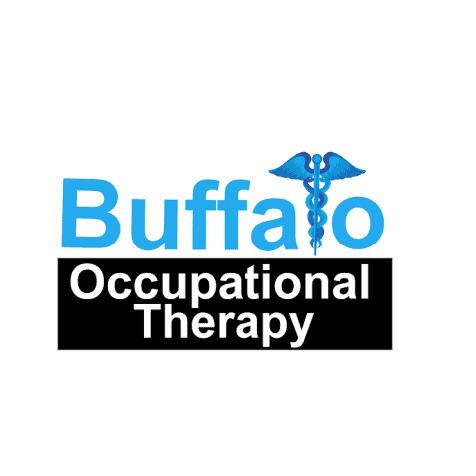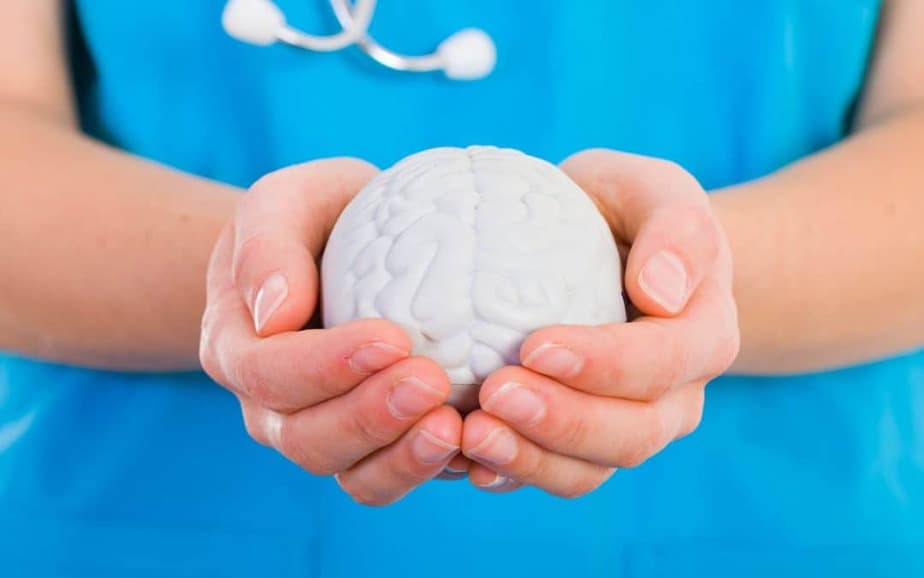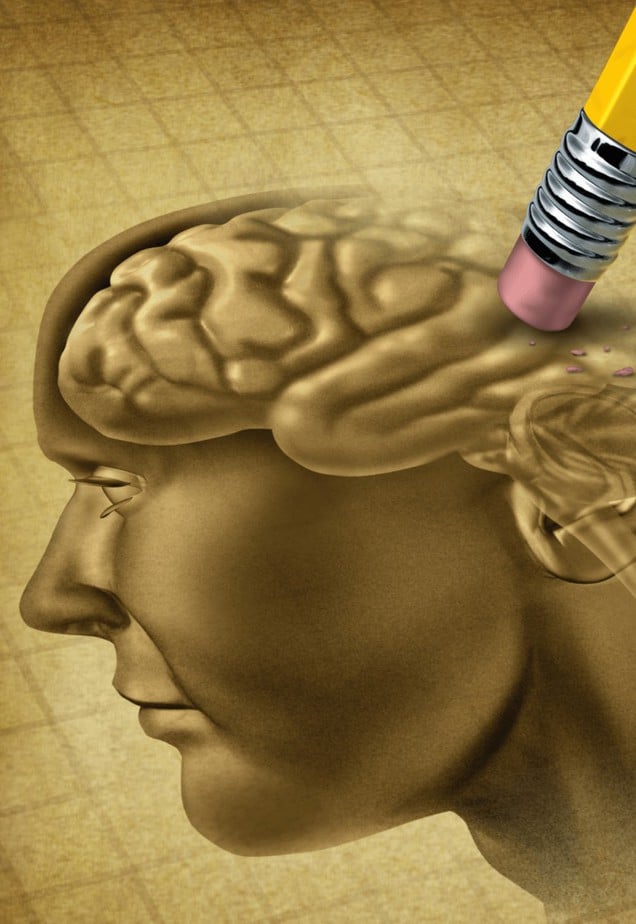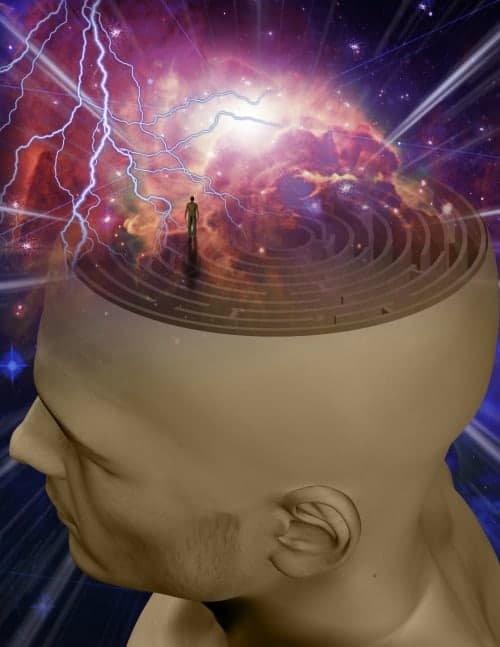Dementia Diagnosis
Authored by Michelle Eliason, MS, OTR/L, CKTS, C.D.S.
What do I do if I just received a dementia diagnosis?
‘Dementia’ is a general term for memory deficits or memory changes. It is important to note that ‘dementia’ is not a synonym for any other word. For example, if you have been given a dementia diagnosis, this does not mean you have Alzheimer’s disease (AD) or another specific progressive neurological disease (PND). It does, however, mean your brain’s ability to recall and use some important executive functions is impaired. Whether you are just seeing the beginnings of early memory changes or you have been diagnosed with a specific disorder, early intervention is key and imperative to keeping as much function and brain activity as possible. Seeking out therapists who are specialized in neurological approaches and can follow you throughout the progression of your dementia is vital to protecting your quality of life.
What types of diagnoses cause dementia?
- Alzheimer’s disease
- Vascular cognitive impairment
- Dementia with Lewy bodies
- Stroke
- Frontotemporal dementia
- Parkinson’s disease
- Huntington’s disease
- Traumatic brain injury
Find out more specific information about your diagnosis:
- Alzheimer’s Disease
- Huntington’s Disease
- Parkinson’s Disease
- Lou Gehrig’s Disease
- Multiple Sclerosis
What are my options after receiving a dementia diagnosis?
Although there are neurocognitive enhancement medications, one of the most important things you can do for yourself is to seek out a team of therapists as early as possible. With the right early intervention strategies you can improve your symptoms and/or control the speed at which you experience decline.
What type of intervention is used by a neuro-centered rehabilitation team?
- Neurodevelopmental Techniques
- Proprioceptive Neuromuscular Facilitation
- Cross Crawl Strategies
- Neuromuscular Re-education
- Neurocognitive Strategies
- Heavy Work
- Brain Work
- Habituation Techniques
- Staging
- Screening
- Education
How can outpatient occupational therapy help after a dementia diagnosis?
- Once given a dementia diagnosis, we can ‘stage’ your dementia progression through specific screens and assessments so that you always feel in control of your circumstances.
- Make recommendations for adaptive equipment, durable medical equipment, and mobility aids throughout each stage
- Provide a hybrid approach to rehabilitation and maintenance grounded in neurocentric principles offering you an inclusive rehab program.
Helpful Page Definititions
Instrumental Activities of Daily Living (IADLs)
Instrumental Activities of Daily Living (IADLs) are essential for independence in life roles and required for aging in place. There are 8 activities core activities for independence including cooking, cleaning, communication, taking and managing medication, handling your personal finances, transportation and community mobility, shopping
Cooking - The ability to follow a recipe and having the stamina to prepare a meal for yourself and/or your family
Cleaning - The ability to perform light housekeeping including making your bed, doing your laundry, washing the dishes, taking out the trash, vacuuming, sweeping, cleaning your bathroom, etc.
Communication - The ability to use the telephone, the computer, have conversations with people (familiar and strangers), communicate your needs clearly.
Taking medication - The ability to sort and organize your medication or determine a compensatory method to do so as well as taking the appropriate dosage at the appropriate time.
Personal Finances - The ability to establish an organization method to understand financial responsibilities and pay your bills on time.
Transportation - Whether you are driving, calling for a driving service like a taxi or Uber, or taking public education. You must have a defined action plan for community mobility and transportation.
Shopping - The ability to plan transportation, plan a grocery/clothing list of needs for yourself and your home, have the stamina to collect your items at the store, and be able to get them into your house.
Activities of Daily Living
Occupational therapists are trained in occupations and activity analysis. An occupation is an activity that you believe is important to your life. There are many levels of occupations, but activities of daily living (ADLs) are the most personal activities and are usually the ones people find most important if they were to lose the ability to complete them.
ADLs include:
- Bathing and showering
- Getting dressed
- Going to the bathroom
- Walking and getting up and down from a chair or car
- Eating and swallowing
- Feeding
- Sexual activity
- Personal hygiene and grooming
- Being able to use personal care devices like adaptive equipment and durable medical equipment
Progressive Neurological Disorders (PND)
Progressive Neurological Disorders (PNDs) are diagnoses that are progressive in nature and cause a decline in function throughout their progression. They are also known as neurodegenerative diseases. The decline can be seen over decades, years, months, or even weeks.
Some common examples of PNDs include Multiple Sclerosis, Parkinson's disease, Lewy Body Dementia, Lou Gerhig's Disease, Alzheimer's disease, Motor Neuron Disease, and Huntington's disease.
Early intervention for any neurodegenerative disease is critical to maintaining function for as long as possible. Restoration in early stages and maintenance throughout a disease progression can benefit your quality of life and reduce caregiver burden.
Neuromuscular Re-education
NMRE is used by neurocentric occupational therapists to improve communication between your muscular system and nervous system. By promoting this stream of communication, you close the circle of recovery. Without NMRE, you can have the biggest muscles in the world and still experience mobility deficits due to poor reaction time, coordination, and mixed signals.
Heavy Work
Heavy work is also known as resistance training and can utilize isometric and isotonic movements with or without external weights while focusing on eccentric and concentric muscle contractions. By partnering heavy work with visual perceptual tasks and neural recruitment visualization, increased carryover and recovery is experienced.
Neurodevelopmental Techniques (NDT)
NDT is a hands-on approach used by occupational therapists to provide deep pressure to key parts of your body during repeated movements. Your movement mixed with repetition and deep pressure creates and stores new motor patterns in your brain in order to re-establish mobility and speed up recovery.
Proprioceptive Neuromuscular Facilitation (PNF)
NDT is a hands-on approach used by occupational therapists to provide deep pressure to key parts of your body during repeated movements. Your movement mixed with repetition and deep pressure creates and stores new motor patterns in your brain in order to re-establish mobility and speed up recovery.
Cross Crawl Techniques
A cross-crawl technique is used in movement and mobility training of both upper body and lower body. By recruiting both sides of your brain using opposite movement patterns we strengthen the communication across the two sides of your brain known as your corpus collosum.
Neurocognitive Strategies
When combining neurcogitive skills and functions with motor elements, true cognitive rehabiliation can take place (memory, recall, sequencing, etc.). We include the domains of neurocognition like language, calculation, executive functioning, complex attention, perceptual-motor, and reasoning while training your body in order to increase neural plasticity and neural re-patterning.



